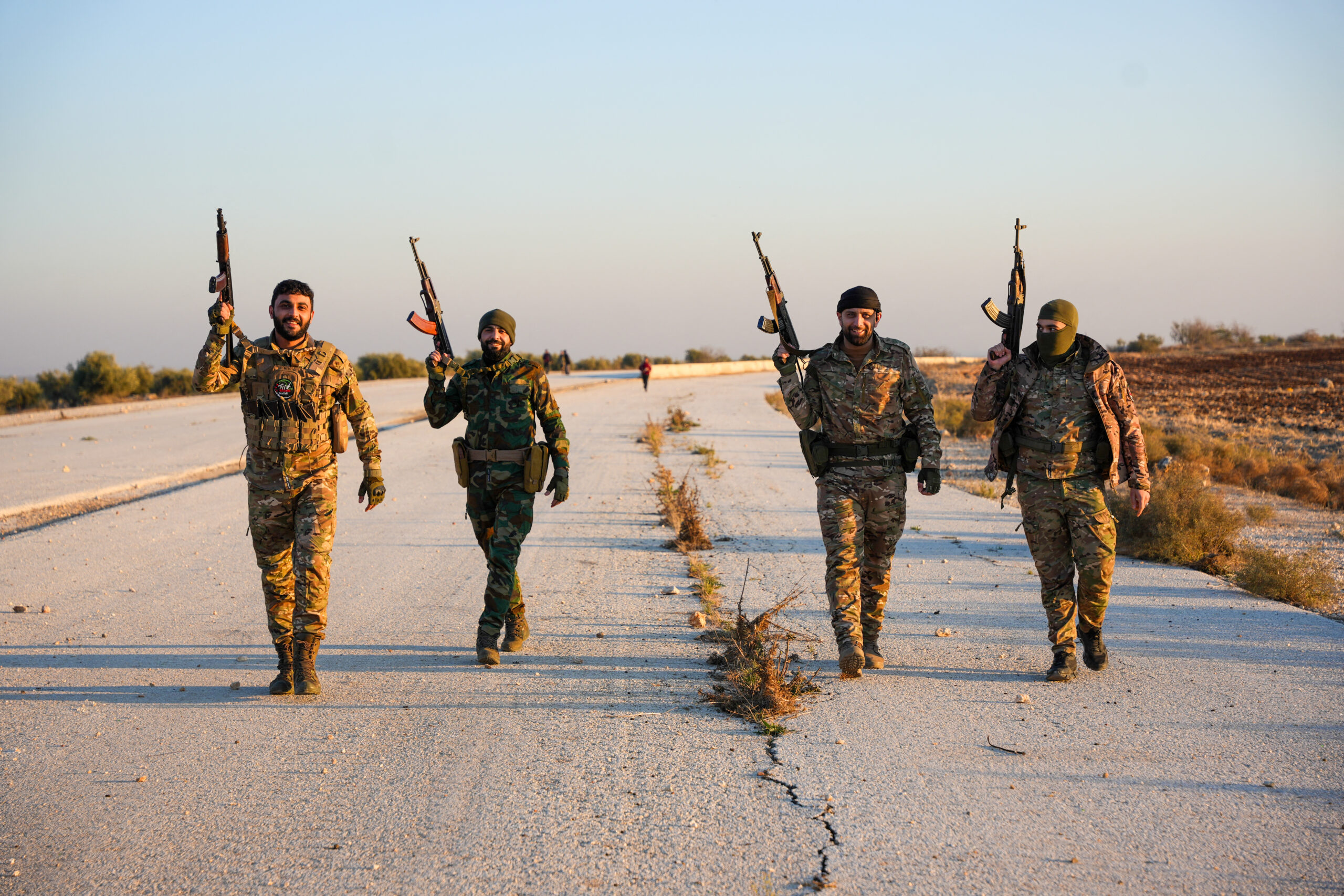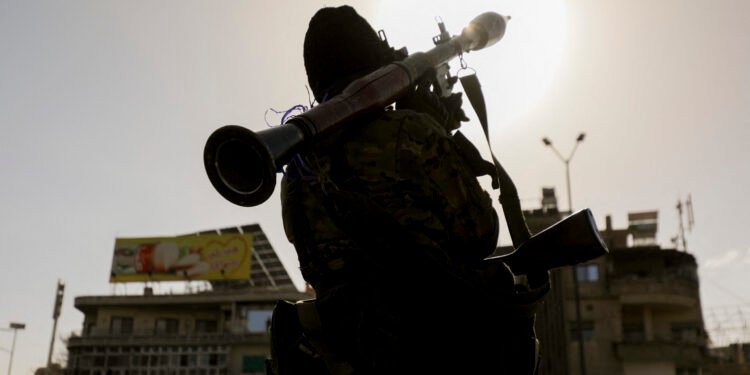Since the fall of President Bashar al-Assad’s regime in December, Iranian influence in Syria has collapsed.
Forces aligned with the Islamic Revolutionary Guard Corps have largely withdrawn, and the current de facto leader, Ahmed Al Sharaa, has warned that his administration will not allow Iran to reestablish its foothold.
The United States has rightly welcomed these developments, but it should not disregard the possibility of an Iranian resurgence. The ongoing instability has created numerous opportunities for Iran to regain ground in Syria.
Escalating Insurgency
The first opportunity for Iranian reengagement lies in Syria’s internal security dynamics.
Following the fall of the Assad regime, members of his Alawite sect feared that the new administration might indiscriminately target them in retaliation for Assad’s oppressive rule.
This fear has intensified as isolated attacks by vigilante militants have increasingly turned into systematic targeting by the new regime’s security forces. Although many prominent Alawites remain confident in the government’s commitment to countering these threats, others are beginning to resist.
Militarily, several anti-government cells have clashed with security forces, killing and capturing dozens. Politically, Alawite representatives have threatened to seek external assistance or even push for the secession of Alawite-majority areas.
One such representative has reportedly warned Israeli officials that Alawites may be forced to reluctantly accept Iranian support if reprisal attacks persist.
While less widely reported, attacks on Shiites have also occurred. On January 11, for example, Islamic State (ISIS) fighters attempted to bomb Sayyeda Zeinab, a major Shiite shrine in Damascus. A surge in such attacks would likely accelerate anti-government sentiment.
Iran could exploit these events to reestablish its presence in two key ways.
First, Iranian forces could supply arms to local insurgents clashing with security forces. If these groups gain a durable foothold, Iran may conclude that the strategic landscape is favorable enough to reintroduce Shiite militias into Syria. This is plausible, as regime-aligned commentators have indicated that attacks on Shiites or holy sites are red lines for Iranian reengagement.
Second, increased insurgent activity has exacerbated instability. Iran, adept at leveraging chaos, has already resumed attempts to smuggle arms to Lebanese Hezbollah through Syria. While authorities have successfully intercepted two such efforts, escalating insurgent activity would stretch their resources and undermine counter-smuggling operations.

Future of the SDF
Other security developments could further divert attention from these operations. Since Assad’s fall, clashes between the US-backed Syrian Democratic Forces (SDF) and the Turkish-sponsored Syrian National Army have intensified in the north.
Because the SDF is central to counter-ISIS efforts, US officials have warned that this escalation could facilitate an ISIS resurgence.
Meanwhile, as negotiations to integrate SDF-controlled territories into the new Syrian government remain inconclusive, the SDF has engaged in smaller-scale clashes with the regime in Damascus.
If these talks fail, hostilities could escalate as both sides seek additional leverage. A renewed ISIS threat and the government’s focus on the SDF would further strain security forces, reducing their ability to counter Iranian activity and allowing Tehran to gradually rebuild its supply lines to Hezbollah.
Economic Threats
While security threats provide Iran with the most plausible route for reengagement, the US should remain vigilant of other avenues as well — most notably, economic leverage.
Several Iranian officials have claimed that the new Syrian administration must repay debts Iran provided to the Assad regime, totaling around $30 billion per some reports.
The Syrian government has rejected these claims, arguing that debts used to repress the Syrian people are odious and illegitimate. However, successor governments have historically been held accountable for the debts of preceding authoritarian regimes, meaning Iran’s claims could carry weight.
If Washington does not mount a robust challenge to these demands, it could lend legitimacy to Iranian economic coercion in Syria.

The Long Game in Syria
Iran’s role in Syria will likely never match its influence under the Assad regime. However, claims that its decades-long project is over are exaggerated.
Iran has embedded itself within Syria’s institutions and has a deep understanding of its political and military landscape. While Iranian leaders may still adopt a pragmatic approach toward the new regime, their actions and rhetoric suggest no departure from their long-held preference for military intervention.
As the new US administration formulates its strategy for countering Iran’s nuclear ambitions, it must not overlook Syria’s role in shaping the outcome of any policy approach.
 Khaled Maalouf is a student at Georgetown University and a research assistant at the American University’s School of Public Affairs.
Khaled Maalouf is a student at Georgetown University and a research assistant at the American University’s School of Public Affairs.
He has previously researched violent extremism in Syria at the Critical Threats Project and analyzed Iranian proxies in the Middle East.
The views and opinions expressed here are those of the author and do not necessarily reflect the editorial position of The Defense Post.
The Defense Post aims to publish a wide range of high-quality opinion and analysis from a diverse array of people – do you want to send us yours? Click here to submit an op-ed.
The post Iran’s Retreat in Syria: Temporary Setback or Path to Resurgence? appeared first on The Defense Post.









